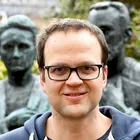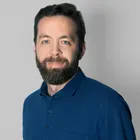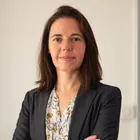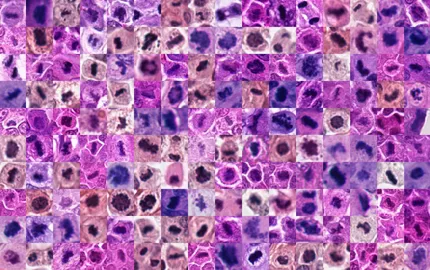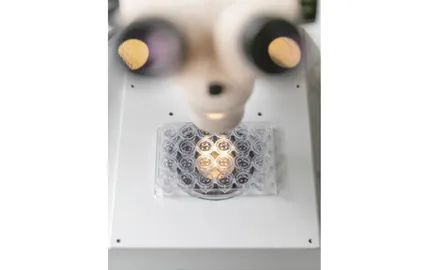Présentation

Notre unité étudie différents aspects de la pathologie cancéreuse et de ses traitments en s’intéressant aux mécanismes moléculaires et cellulaires sous-jacents: l’initiation (estimation des risques de cancer, prise en compte des facteurs génétiques et non génétiques, optimisation des stratégies de suivi/despitage et d’intervention), le développement et la progression tumorale (inférence et modélisation des réseaux de gènes et protéines impliqués, analyse des phénotypes par imagerie), et l’amélioration des stratégies thérapeutiques (diagnostic, pronostic, optimisation des stratégies pharmacologiques, conception et analyse d’essais cliniques, identification de cibles thérapeutiques, crible virtuel de molécules thérapeutiques).
Nos projets de recherche sont conduits par des équipes interdisciplinaires, alliant biologistes et cliniciens, épidémiologistes, mathématiciens, statisticiens, physiciens et informaticiens. Ils comprennent toujours une combinaison d’approches expérimentales et théoriques, qui s’enchaînent en des cycles itératifs de la biologie expérimentale et la clinique aux modèles mathématiques et inversement, menant in fine à des modèles validés, explicatifs et prédictifs. Ils s’appuient sur les nouvelles technologies à haut-débit aux niveaux moléculaire et cellulaire (séquençage de nouvelle génération, analyses cellule unique, cartographie spatiale, spectrométrie, phénotypage cellulaire, criblage de médicaments...) et utilisent des méthodes innovantes d’intégration de données, de biologie des systèmes, d‘analyse statistique, d’intelligence artificielle , d’étude de la complexité, de modélisation de réseau, de criblage virtuel et d’analyse d’images. Une des caractéristiques discriminantes de nos approches réside dans l’intégration de données en grande dimension (de dizaines de milliers à des millions de variables) et de nature multi-niveaux et multi-échelles, aussi bien en matière d’espace (de la molécule à la population, en passant par la cellule, le tissu, l’organe et l’individu) que de temps.



